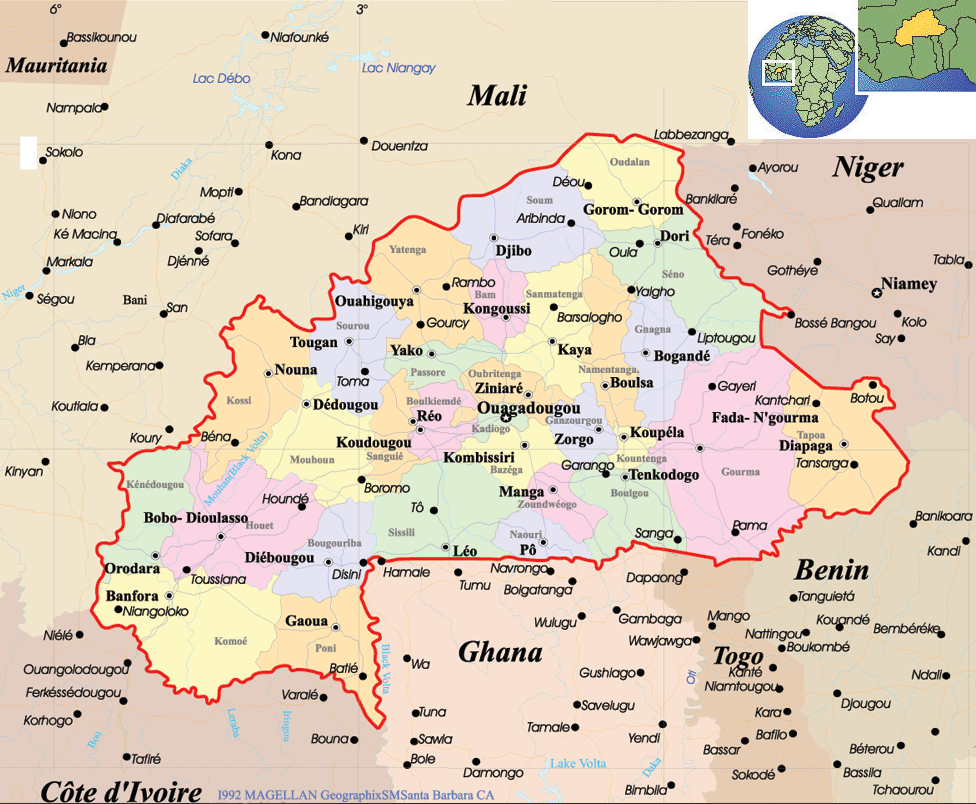30 November 2011
FB: 7
Remarkable differences
It’s common knowledge that every Peace Corps trainee gets a host family. It’s less common knowledge (although I suppose it should be obvious, if you think about it) that not all host families are created equal. This is not to imply that one host family is “better” than another; quite the opposite. All are equally amazing and wonderful and supportive and loving, but not all show you quite the same side of Burkinabé culture.
For example, the average family here lives in a compound, with several other (probably related) families. The average family has many, many children. It is headed by a grandfather or father, who has lots of respect as well as the final say in familial disputes. In your average Burkinabé family, the women (polygamy is common here) are much more likely to do the majority of the manual labor: they cook, cleans, care for the children, sell things in the marché, do laundry, work in the fields, and handle the household finances. They are assisted by any daughters that may be part of the family – they usually have to work and go to school, and the frequently are forced to quit the latter early in order to help more with the former – and not at all by the men and boys. Their role, so far as I can tell, is to kill things, drink dolo, and work in the fields in certain seasonal roles.
That’s your typical Burkinabé family. I know this, because it has been described as such to me by other stageaires, and in many, many classes. However, I have more or less no experience with it first hand, because my family is nothing like that.
To begin with, my family is very small: my host father, my host mother, and a daughter-in-law and grandson who stay with us periodically. But size isn’t the only difference; the internal dynamic is also entirely contrary to what has been described to me. My host father works hard, every day, and my host mom is both more educated (she’s a functionnaire[1]) and has the more dominant personality. I’ve never seen my host father drink – he’s a strict Catholic – and my host brother is made to do all kinds of chores (and boy, does he pout about it). Yes, we have domestiques[2], but that’s more a function of wealth and less a function family dynamics. Barring minor material differences that primarily involve plumbing, my life here really isn’t too terribly different from in the States. That’s just how different my family is.
And I guess that’s the thing that really strikes home to me: culture is so much more a function of education and income than we think. Yes, my family are very, very Mossi, and very, very Burkinabé, but at the same time, they wouldn’t especially stand out on a street in the US. The cultural differences are there, and they’re real, but they’re also muted by the common factors of education. When our classes turn around questions like “how to the women in your family act around men?”, I can’t speak up, because my answer (“more or less the same as they do in the States…?”) just doesn’t mesh with the general experience. I love that. I don’t feel nearly as fish-out-of-water as I feared I might, and I definitely like, respect, and will miss my family.
Because they’re remarkable. In every sense of the word.
[1] A civil servant. They make (relatively) large salaries, and more or less live western lifestyles.
[2] Servants. All female, and mostly under 15. I’m not too thrilled about being supported by what amounts to child labor, but short of leaving them a big tip (which I’m doing) and using as little water as possible (they haul it), I’m not really sure what I can do about it. They were here before I came, they’ll be here after I leave, and if I tried to improve their situation, I would probably just screw things up.

